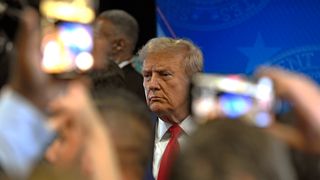The 2016 election of Donald Trump as US president generated considerable interest in the role of populism and authoritarianism in contemporary democratic politics both in the United States and elsewhere. Trump’s electoral victory initiated a series of worldwide women’s marches to protest his election, which may have helped to spark the #MeToo movement, and generated unprecedented interest in running for political office among American female Democrats.
The outcome of the 2016 presidential election raised numerous important questions that had implications for the 2018 congressional and 2020 presidential elections. Are American voters more populist and more authoritarian than in the past? Why were (mostly) young American men marching with flaming torches to protest the removal of a confederate statue in Virginia? What happened with Democratic and Republican women in 2018, and why did many women vote for Donald Trump and controversial candidates like Alabama's Roy Moore? Was there really an increase in anti-immigration sentiment in the United States and other wealthy democracies, or was something else happening?
Two of the United States' leading political psychologists, Stanley Feldman and Leonie Huddy joined US Studies Centre CEO Professor Simon Jackman in a discussion to talk about the role of populism, authoritarianism and gender in American politics, and the politics of democracies in Europe and Australia.
This event was jointly presented with The Electoral Integrity Project.








